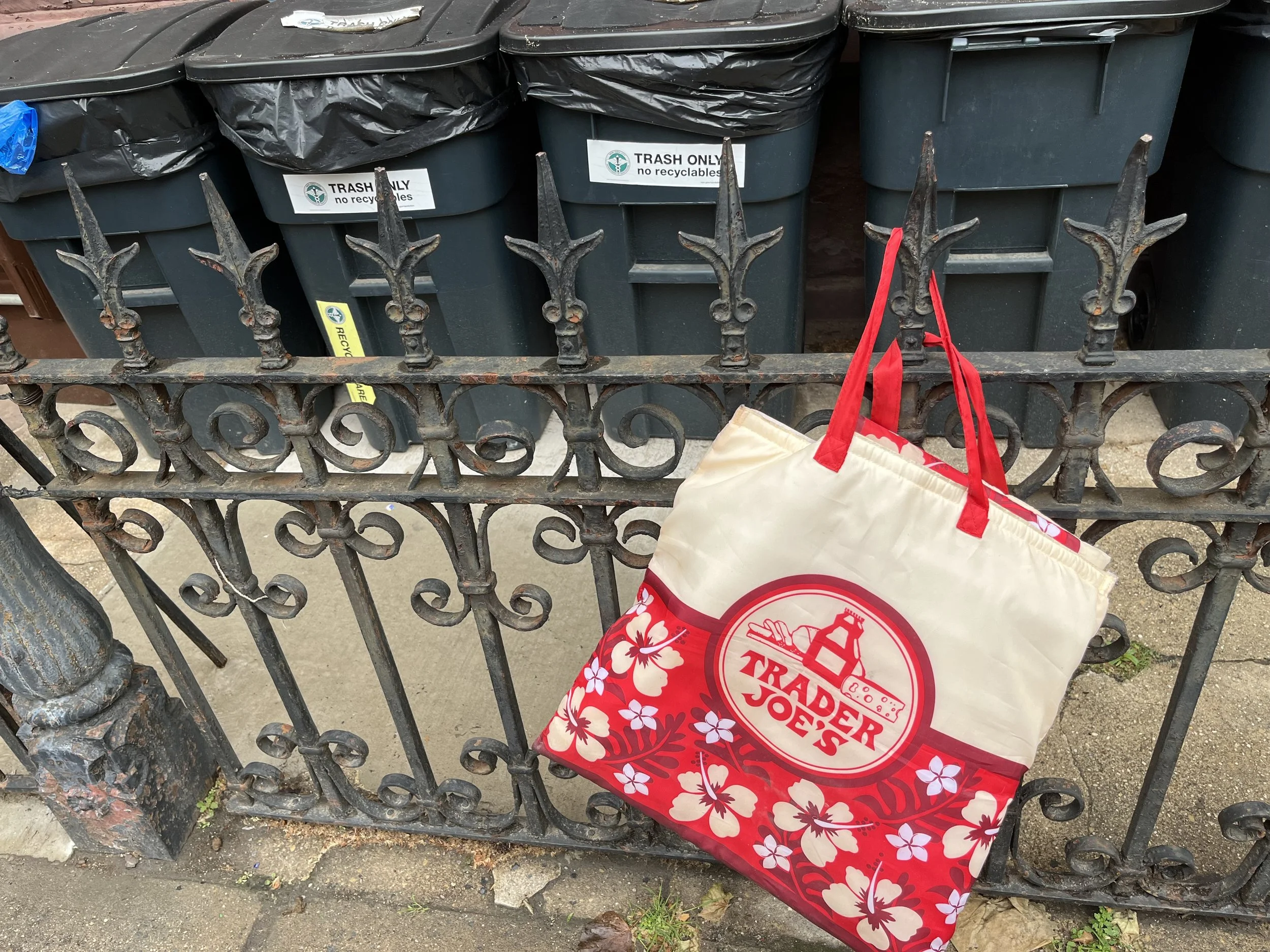There is no Zero Waste
There is no such thing as “zero waste” in packaging.
There will never be a “world without waste”, or “the end of trash” - let alone “eliminating the idea of waste”. Apparently it isn’t enough to not have waste, we can’t even have the idea of waste!
I reviewed the database of companies listed by a prominent reuse advocacy group, and found that the majority make some sort of “zero waste” claim in their marketing materials.
There is no zero waste in packaging.
Pictured: Zero Waste Bag
Recycling rates in the United States are approximately 32%. Reusables companies struggle mightily to keep their packaging in circulation; most ends up in landfills even if it is technically recyclable. Compostable packaging suffers a similar fate.
Not to mention the waste that occurs in the factory when the packaging is made. Or when the raw materials are mined or harvested or logged. Or when your packaging is transported. Or when you have unsold inventory, and everybody has unsold inventory.
There is no zero waste in packaging. In the real world, all packaging creates waste - usually a lot.
So what?
Proclaiming your business zero waste is a signal to the market that you have met an aggressive environmental standard - and that they should shop your brand because of it.
This assertion carries significant risk:
You open yourself up to greenwashing claims. All brands and packaging services create waste, and claiming to meet a standard you aren’t is a classic form of greenwashing
You risk alienating your values-based customers. From the zero waste thread on Reddit to the over 300,000 TikTok posts tagged #zerowaste, people talk. The bigger the claim, the bigger the sense of betrayal
You risk turning off future allies and customers. If you want to bring along the masses, proclaiming an idealized state as the necessary and appropriate end point (and failing to even meet it) can stop them from even getting to the starting line
I’m sure some readers are thinking I should lighten up; people know that when we claim zero waste we don’t mean it literally. It is just shorthand for a brand that is doing the work to address plastic pollution, climate change and more.
In my experience, that isn’t the case. Passionate environmentalists don’t think of it as shorthand; they think they have cracked the code on how we should organize society. And “laypeople” don’t think of it as a simple synonym for “green”; they think it represents an aggressive lifestyle change reserved for the hardcore. Watch some of those TikTok posts if you want to see that stereotype reinforced.
Many brands and retailers - both established and up and coming - are doing the incredibly hard work to address waste in their packaging. This should be applauded and amplified. But think twice before labeling it “Zero Waste”; transparency and humility are the cornerstones of a strong customer relationship.
